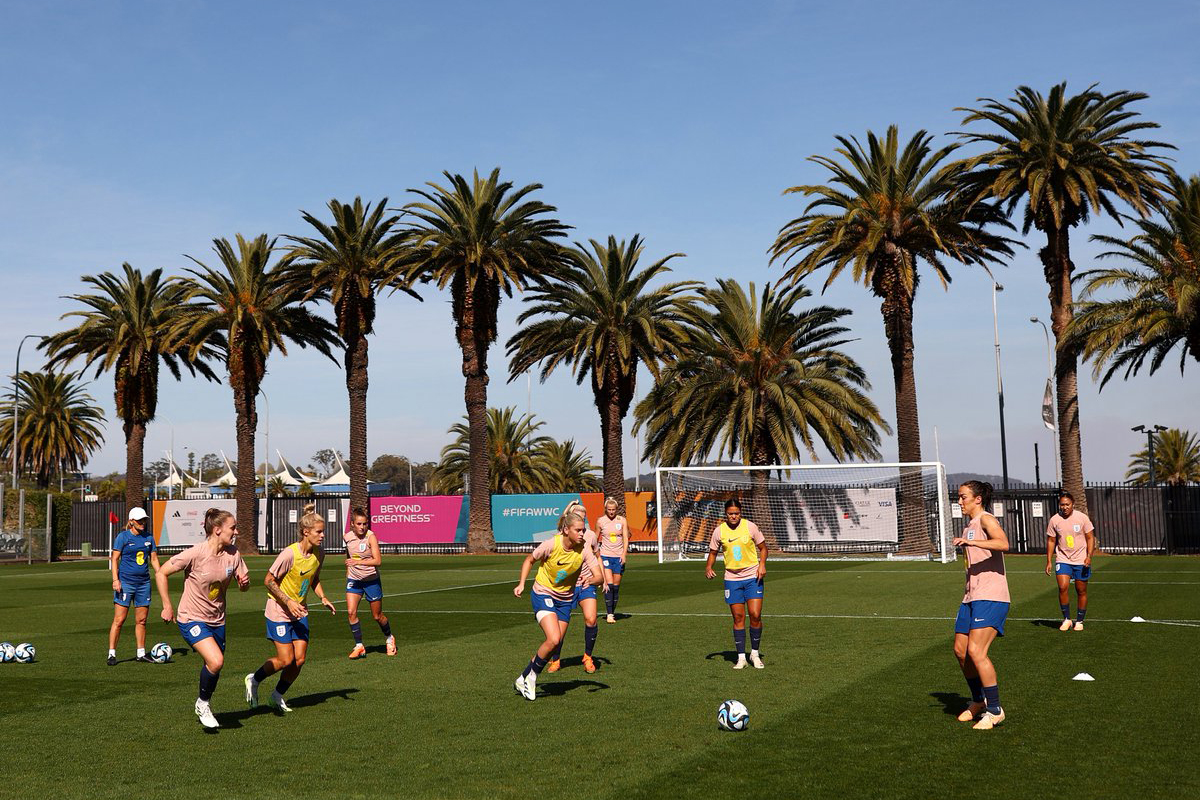City Council has run out of excuses to deny the people their right to vote on SoccerCity.
On Monday, San Diego council members voted 8-1 to approve a budget that removed a $5M line item to hold a special election. The reasoning behind that can be boiled down to two main objections; cost and Measure L. Let’s look into that reasoning further.
Council spent a lot of time discussing the $5M special election cost in a $3B budget. They cited that the city simply could not afford to spend $5M when there are other priorities in this city. But that’s questionable logic. San Diegans will be on the hook for $12M per year to maintain Qualcomm Stadium. Of course, SoccerCity would alleviate taxpayers of this financial burden immediately. Couldn’t the $12M saved be used for those exact city services? And that’s before we consider the annual tax revenue of $8.2M SoccerCity would generate.
And if that’s not enough for you, the news of the land appraisal should be. Tuesday evening, the public learned of the massive price tag for the Mission Valley land set a by third-party appraisal. $110 million. Measure D valued that land at $50M in its highest estimate. It’s about $109.99M more than the folks at Public Land, Public Vote claimed the land would be sold for. (By the way, how ironic is it that a group named “Public Land, Public Vote” is lobbying against an election?)
The math doesn’t add up. This isn’t about the $5M cost for a special election.
What about Measure L? Some would have you believe that Measure L prohibits a special election for citizens initiatives and requires them to appear on November general elections.
However, the impartial analysis of Measure L states that city council may call for a measure heard to be heard prior to the next citywide election. In reality, Measure L reinforced the necessity of special elections and it protects council’s right to call for them in appropriate situations.
This is an appropriate situation for a special election. Council must represent their constituency who supported the SoccerCity initiative with 120,000 signatures in just 2 weeks. No ballot initiative in San Diego has ever garnered this level of popularity before.
The logic doesn’t follow. This isn’t about Measure L.
So then what is the hold up? Politics as usual, of course. Private interests, who are doing everything they can to stop SoccerCity, see this as their last opportunity to succeed. Opposition groups are aware of SoccerCity’s community support and know that approving a special election ensures the measure’s passage this November. Hence the desperation.
With the mayor’s announcement of his veto to restore funding for a special election, it’s likely that democracy will win again. There’s good reason to believe that San Diegans will be able vote on SoccerCity this fall.





